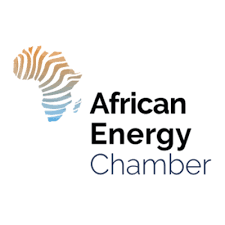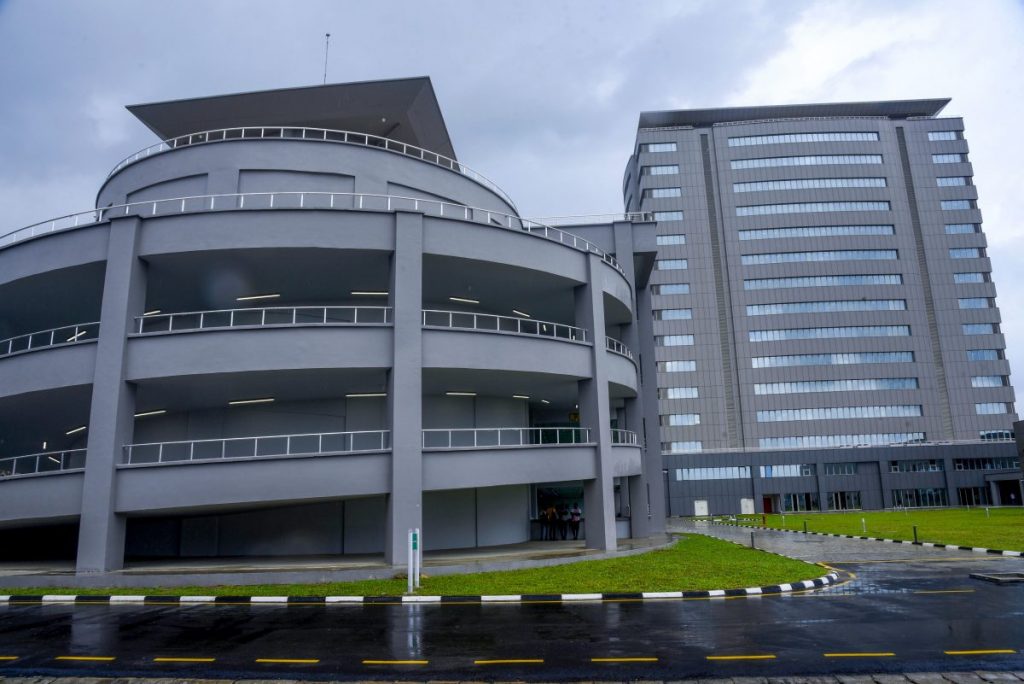 03 June 2012, Sweetcrude, Port-Harcourt – Although it is the concensus in the Niger Delta that oil producing states are cursed for reason that they are exploited negligently and devastated for little or no gain, it is for the political class a hiding place, the grand excuse for building personal empires at the expense of their people. The truth is that in a lot of ways the people of the Niger Delta are privileged and positioned to develop faster than non-producing states with the amount of monies that accrue to them monthly from the national pool and although these monies are paid to obviate and compensate for the suffering of the producing and impacted states, they are by virtue of the Nigerian Constitution, paid to the states in trust for the communities. Of course there are no constitutional rules that restrict the governors from defraying the monies outside the scope of ‘the communities.’
03 June 2012, Sweetcrude, Port-Harcourt – Although it is the concensus in the Niger Delta that oil producing states are cursed for reason that they are exploited negligently and devastated for little or no gain, it is for the political class a hiding place, the grand excuse for building personal empires at the expense of their people. The truth is that in a lot of ways the people of the Niger Delta are privileged and positioned to develop faster than non-producing states with the amount of monies that accrue to them monthly from the national pool and although these monies are paid to obviate and compensate for the suffering of the producing and impacted states, they are by virtue of the Nigerian Constitution, paid to the states in trust for the communities. Of course there are no constitutional rules that restrict the governors from defraying the monies outside the scope of ‘the communities.’
This situation has not produced the kind of agitation that the seizure of oil and gas resources for the benefit of the whole country has engendered because of two plausible reasons: that the producing communities and the impacted communities suffer nearly the same levels of environmental degradation; that these communities share cultural and historical affinities for which they would desire to play the noble role of being their brothers’ keepers.
The governors of the Niger Delta are no less opportunistic than dishonest politicians all over the world. When we started our NGO, the Initiative for Non-Violent Change in the Niger Delta, a governor invited us and other NGOs, offering us ‘logistic support’ in our efforts to buffet the federal government with arguments for the complete release of oil and gas rights to producing states. Although we in the INVC declined the generous offer, we could not ascertain then what our colleagues in the other NGOs did. It was rumoured at that time that some governors were the puppeteers behind some militant groups in the Niger Delta. The governors argue that they are unable to convey the full bouquet of their agenda for their people because of paucity of funds! What have they really done for their people with the stupendous sums they receive?
It is time for the people of the Niger Delta to demand full accounting from their governors and leaders, the men and women who have abused their trust wantonly for years. There are those who posit that until the people of the Niger Delta compel the just deployment of the monies they receive from the federation account, they have no business demanding more from the federal state. Though that suggestion lacks legitimacy for a man reserves the right to throw away his property or use it meaningfully without whittling down his full claims over the resources, the demand for more resources in the circumstance makes it unnecessary where the resources would not address the needs of the people.
The irresponsibility of the governors and other political leaders of the region is the reason we wish to endorse the idea being canvassed by Host Communities of Nigeria Producing Oil and Gas (HOSTCOM) that the extra 13% revenue allocation paid to states currently for oil and gas producing communities, should be paid directly to the communities. Some may argue that greedy elements within the communities would hijack the resources for their selfish benefits but that can only be an argument as the communities have never been tested before.
Besides, the communities, like their counterparts in Alaska, can hire trust corporations with specific instructions for the development of their infrastructure, designs for the development of new urban centres, educational projects and scholarships, restoration of the devastated environment and investments for future generations. This was the model envisaged by the never-to-be-enacted Petroleum Industry Bill and as someone has suggested, we should not wait for the enactment of the PIB to start enjoying some of its far reaching proposals. Surely a professional trust, hired and paid a negotiated fee cannot perform worse than the governors of the Niger Delta whose supervisory Houses of Assembly have been reduced to mere Houses of Endorsement.
And so let us start the auditing of the accounts of the governors of the Niger Delta; let us evaluate how they adhered to budgets approved by the Houses of Assembly and how they performed within the context of the resources entrusted with them. The Arab Spring has shown us that we do not have to wait for election periods, public auditors or institutional establishments to bring corrupt leaders before the law. Let us eschew tribal sentiments and cronyism as we all suffer when our leaders abuse our trust.



